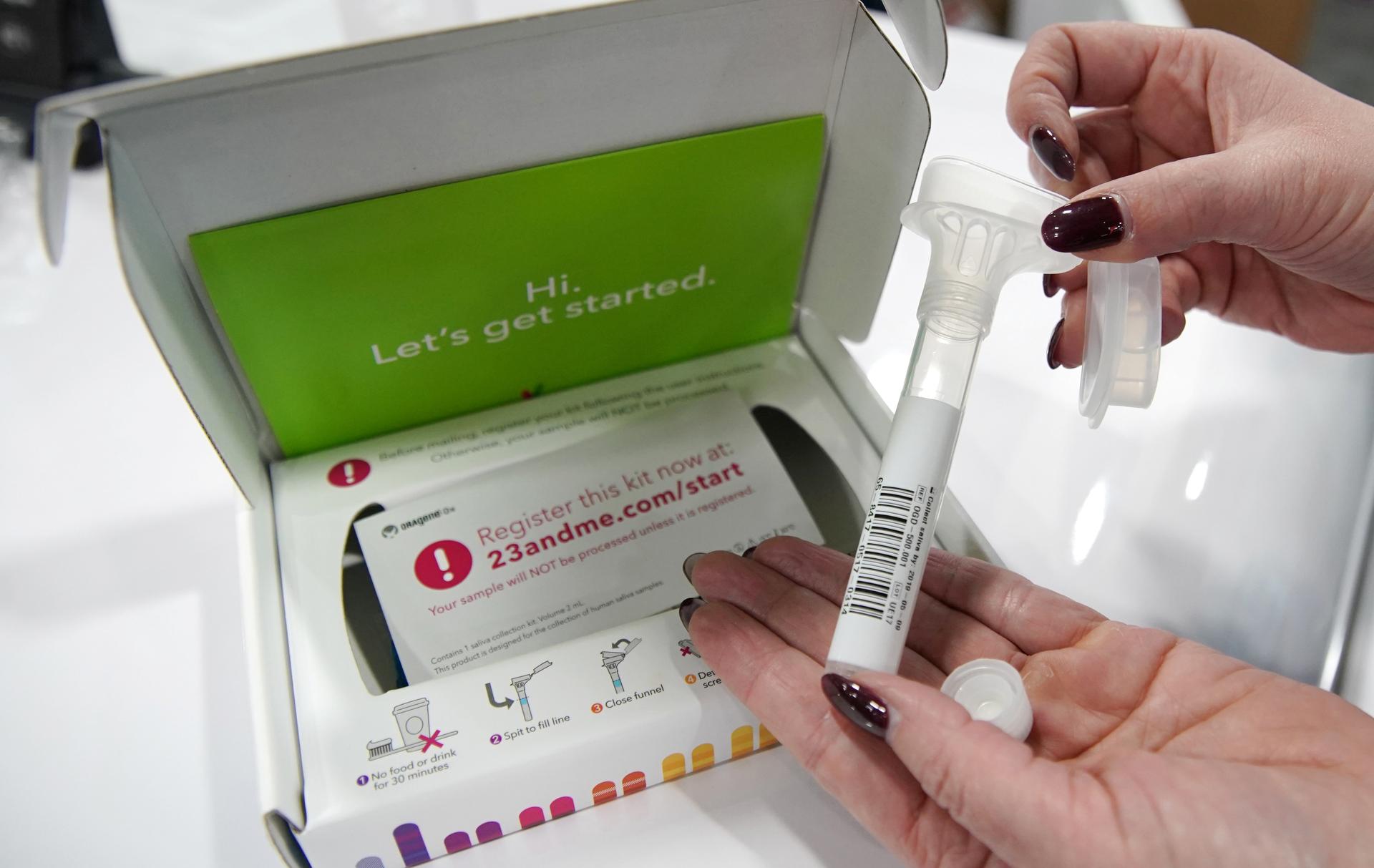genetics
A promising gene editing method causes ethical controversy
Even with good intentions and legitimate potential medical applications, gene research poses ethical debate and concern among scientists, many of whom have called for a worldwide moratorium on its use. That’s no different for a new method called CRISPR, which is splitting scientific opinion.
When should your genetic information trump your right to privacy?
Sequencing the first human genome cost a whopping $2.7 billion; today it costs only about $1,000. But now that genomic testing a lot more accessible, are we ready to deal with the legal and ethical questions surrounding genetic information?

